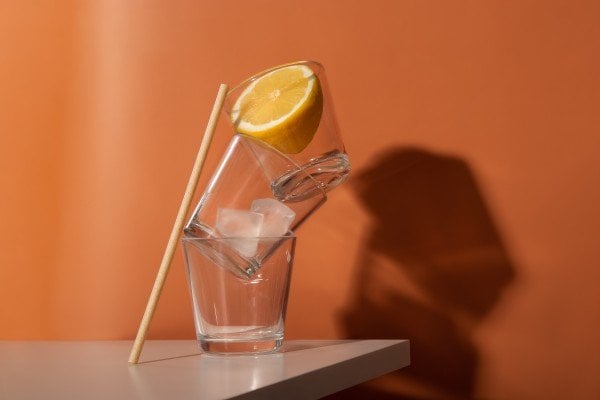www.industry-asia-pacific.com
11
'22
Written on Modified on
UAE luxury hotels and high-end outlets incorporate premium sustainable straws amidst a global move towards not using conventional plastic
Several luxury hotels in the United Arab Emirates have chosen sustainable straws by the Finnish material innovation company Sulapac to be used in their restaurants. The hotels include the St. Regis Downtown, Four Seasons Resort Dubai, and Caesars Palace Dubai, amongst others.

Finnish Sulapac and UAE-based BIRD Collaborative take the lead in the Emirates; with millions of straws distributed since 2021. Made of wood chips and plant-based binders, the straws incorporate sustainability, functionality and innovation.
In addition to hotels, high-end restaurants, wellness centres, and clubs, such as Iris Lounge and Bar Du Port (managed by Addmind), and Tashas Restaurants, Flamingo Room, and Avli (managed by Tashas Group) are making the switch to sustainability and have started incorporating sustainable straws.
UAE luxury hotel, The St. Regis Downtown Dubai, has taken sustainability to the next level and started using the sustainable straws in all of its restaurants and bars, in-room dining services and takeaway options.
“We are delighted to partner with BIRD Collaborative and move towards a more sustainable operation here at The St. Regis Downtown Dubai. We all need to focus on sustainability and simple solutions, like using alternatives to conventional plastic for everyday products, are an easy starting point,” says Raja Zeidan, General Manager at St. Regis Downtown Dubai.
Currently, local regulation limiting the use of single-use plastics is being prepared in the United Arab Emirates. The aim is to phase out the most common single-use plastics, such as straws, plastic cups, lids, cutlery, stirrers and food containers, which account for the largest share of marine waste.
Meanwhile, campaigns against single-use plastics are being regularly launched by private and public companies. In 2020, Dubai Airport imposed a full ban on single-use plastics. Abu Dhabi, the capital of the United Arab Emirates, is to ban all single-use plastics by the end of 2022. This considerable shift in attitude toward single-use plastic is a concrete step towards a more sustainable and cleaner environment.
James Thompson, Executive Assistant F&B at Caesars Palace Dubai said: “The UAE government is always driving forward with great initiatives, and the move towards sustainability is a positive one. Hospitality as an industry has a tremendous role to play in driving this change at many levels. Through food and beverage particularly, we have an opportunity to educate, bring awareness for and affect behavioural change in small ways – like reducing the demand for single-use plastics. Moving to eco-friendly straws is a small step in the right direction and we are committed to collaborate on on-going sustainability initiatives in the city.”
Made of wood chips from industrial side streams and plant-based binders, the sustainable straws by Sulapac are supplied by BIRD Collaborative, a UAE-based startup specialized in supplying real plastic alternatives to the GCC market. The straws are industrially compostable and biodegrade without leaving permanent microplastics behind, becoming CO2, water and biomass.
Nabil Mhanna, Founder at BIRD, said: “We are serious about sustainability. It took us years to find an alternative to conventional plastic that is truly sustainable and leaves no microplastics that choke our beloved Earth.”
“We are really proud of our partnership with Sulapac, they offer the best alternatives to traditional plastic backed by science and sustainable innovation. Also, the UAE government is doing a great job in launching awareness campaigns that work in the favour of all sustainability companies who truly want to make a difference,” he continues.
However, the availability of user-friendly sustainable straws has been a challenge.
“What we are seeing is a third wave in the evolution of straws. First, people became aware of how harmful traditional single-use plastic straws are for the environment. Then, people tried paper straws and found them very frustrating to use as they get soggy and break before their drink is even finished. Now, more user-friendly and sustainable options are finally available. This makes it easier for people to make the switch from not using conventional plastic and helps reduce plastic waste,” says Dr. Suvi Haimi, CEO and Co-founder of Sulapac.
The Sulapac straws are usable for up to 24 hours without becoming soggy and have a unique, pleasant feel.
One of Sulapac’s long-term ambitions is to scale the manufacturing of its products, such as straws and cutlery, locally in the target markets, using locally available raw materials. Cutlery made of Sulapac material is already being manufactured in the United Arab Emirates for the local market.
www.sulapac.com

